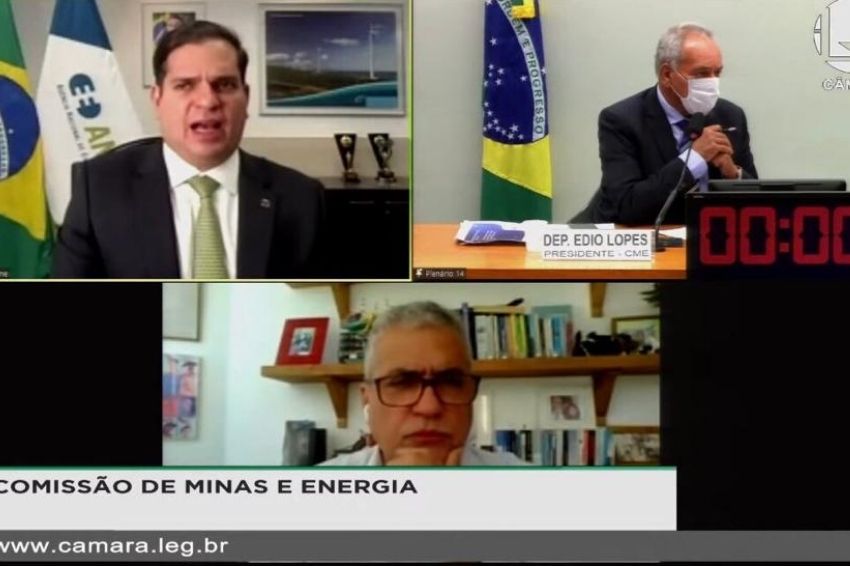The measures announced by the Federal Government to guarantee the supply of electricity to Brazilian homes, such as the activation of all available thermoelectric plants and the increase in energy imports from neighboring countries, such as Argentina and Uruguay, should eliminate the risk of energy rationing. energy in the country.
At least that's what directors of ANEEL (National Electric Energy Agency) and ONS (National Electric System Operator) said this Tuesday (15), during a public hearing of the Mines and Energy Commission. The debate was proposed by parliamentarians Christino Áureo (PP-RJ) and Danilo Forte (PSDB-CE), with the aim of discussing the Brazilian water crisis.
“With these actions, we guarantee that we reach the end of the year with the energy and power necessary for society’s consumption,” said the general director of the ONS, Luiz Carlos Ciocchi.
According to the ONS, the hydroelectric reservoirs in the Southeast and Central-West regions, which account for 70% of the country's storage capacity, are going through the worst drought in the country's history this year, since the indicators began to be measured, in 1931.
Currently, the storage level of Brazilian reservoirs is 30.8%. However, in some plants, the index is currently below 11%. This is the case, for example, of the São Simão, Itumbiara, Marimbondo and Água Vermelha reservoirs – all of them in the Paraná River Basin.
During the meeting, the general director of ANEEL, André Pepitone, also recognized the seriousness of the water crisis, but said that the situation in Brazil today is better than in 2001, when there was rationing and losses to the population.
According to the executive, factors such as the expansion of transmission lines and the inclusion of renewable sources in the electrical matrix (such as solar and wind) made the country more prepared to face the adverse moment. “We have much more robust energy security today than we had 20 years ago,” he said.
The committee responsible for organizing the event in the Chamber of Deputies also invited the Minister of Mines and Energy, Bento Albuquerque, to participate in the meeting. The magistrate sent a letter claiming that he would not be able to attend that day, but offered to participate in future meetings.
Last week, Albuquerque sought reassure the population in the midst of the crisis stating, in the “A Voz do Brasil” Program, that the Federal Government was monitoring the Brazilian electricity sector with the aim of guaranteeing energy security.
In addition to ANEEL and ONS, executives from EPE (Energy Research Company), INPE (National Institute for Space Research), ANA (National Agency for Water and Basic Sanitation), ANP (National Agency for Petroleum, Natural Gas and Biofuels), FMASE (Forum for the Environment and Sustainability of the Electric Sector) and ABRADEE (Brazilian Association of Electricity Distributors ).
















